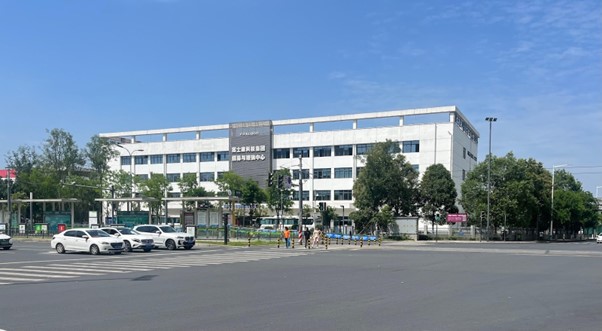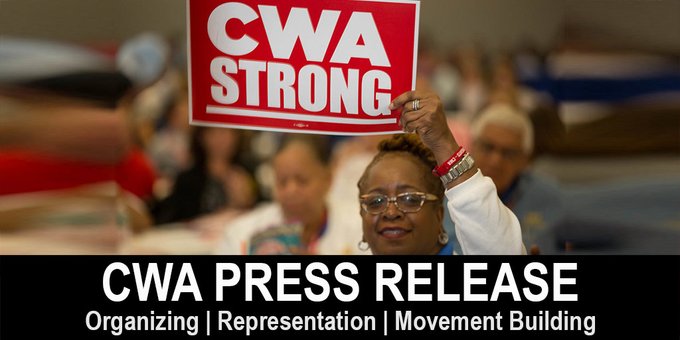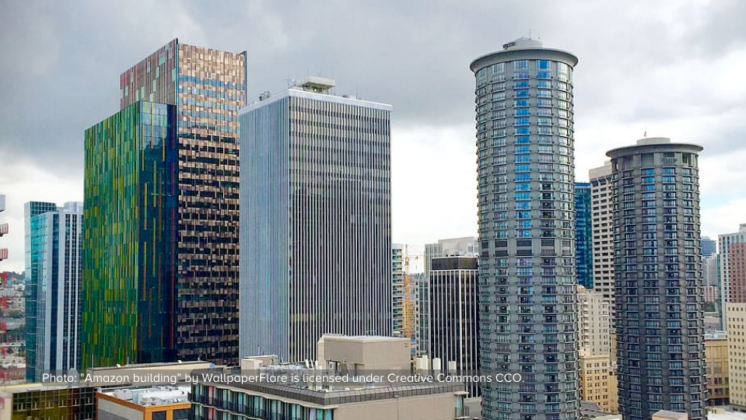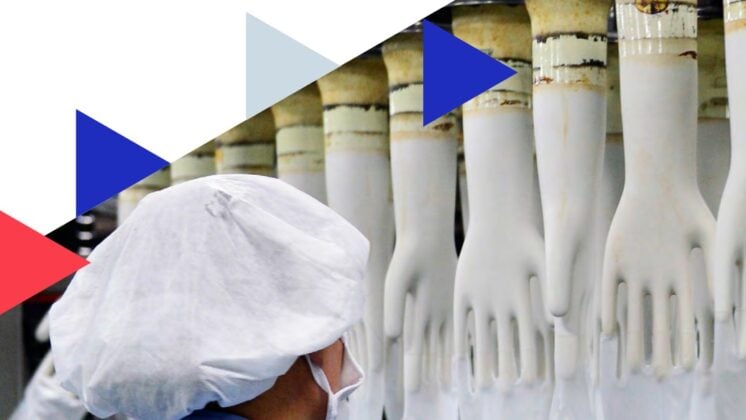Every year, the Dutch government buys more than €60 billion worth of products and services. As such, governments and local authorities can play an important role in setting standards for social responsibility through their procurement and tendering processes. This research by SOMO reviews the application of the Social Conditions as established by the Dutch government and other conditions based on international labour standards and looks into four tenders: clothing, coffee, natural stone and electronics.
In 2005, the Dutch government established clear goals for sustainable public procurement. In 2012, it developed the so-called ‘Social Conditions’, which also incorporate the international labour standards. In the United Nations Guiding Principles on Business and Human Rights (UN Guiding Principles), ‘procurement policies’ are explicitly named as a tool for governments to encourage the protection of human rights by businesses. SOMO looked into tenders by the Government of the Netherlands (hereafter, ‘the national government’), Dutch provinces, district water boards and municipalities. These tenders are divided into four sectors: electronics (and phones in particular); (work) clothing; coffee; and natural stone (used for the (re)development of streets and public spaces). This research looks into 25 public tenders published on the Dutch digital announcement platform TenderNed, among which 8 on electronics.
Phones
Over the past few decades, much of the production process of electronics, including phones and computers, has shifted to special economic zones in low-wage countries such as China, India, Thailand and Mexico. Employees in this sector are mostly young women, including migrant workers. The production of electronics often takes place in unhealthy, unsafe work places, and employees often do not earn living wages; they work long hours and are often forced to work overtime. A demeaning management style is also very common.7 Additionally, vulnerable groups such as temporary workers, migrant workers8 and students9 are often exploited. In many cases, employees are prevented from standing up for themselves by being denied the right to organise (by joining trade unions, for example), or to bargain collectively The production of electronics involves a wide array of metals that are often extracted in developing countries, where human rights are frequently violated and the environment is often damaged. One example is the democratic Republic of Congo, where the proceeds of the extraction of tin and coltan are used to buy weapons that are sometimes used against the country’s own population.
Conclusions
- The Social Conditions are rarely applied. Only three of the 25 tenders actually refer to the Social Conditions as formulated by the Dutch government.
- International labour standards are often used as selection criteria. A further analysis of the 25 selected tenders shows that the various social criteria are applied in several different ways.
- In all of the tenders, the procurers used some form of social criteria, but each used them in a different way. With regard to phones & the contract performance clause: the municipality of Groningen bought phones, smartphones and accessories such as chargers. The procurer states that the supplier must meet the Social Conditions as a contract performance clause: “The supplier has a best effort obligation to comply with the social standards. Social conditions involve, among other things, respecting the fundamental labour standards of the ILO and the additional conditions focused on living wages, fair trade standards, minimum price and pre-financing, working hours and health & safety in the work place”.39 Groningen municipality has clearly decided to apply additional standards to phones, but no specific report of social risks was included in the tender. In a conversation with an official from the Groningen municipality, it became apparent that it had arranged a market consultation in which it addressed the Social Conditions and announced that the standard text of the Social Conditions would be included in the contract. The supplier accepted the Social Conditions as a contract performance clause and indicated that regime three applied. The supplier then submitted a plan and an analysis of the supply chain. The procurer, Groningen, announced it would evaluate the planned approach. The best efforts promised by the supplier will be evaluated by the client and discussed with the supplier on an annual basis four examples to illustrate these differences.
Read the report: http://network.somo.nl/publications-en/Publication_4076/









